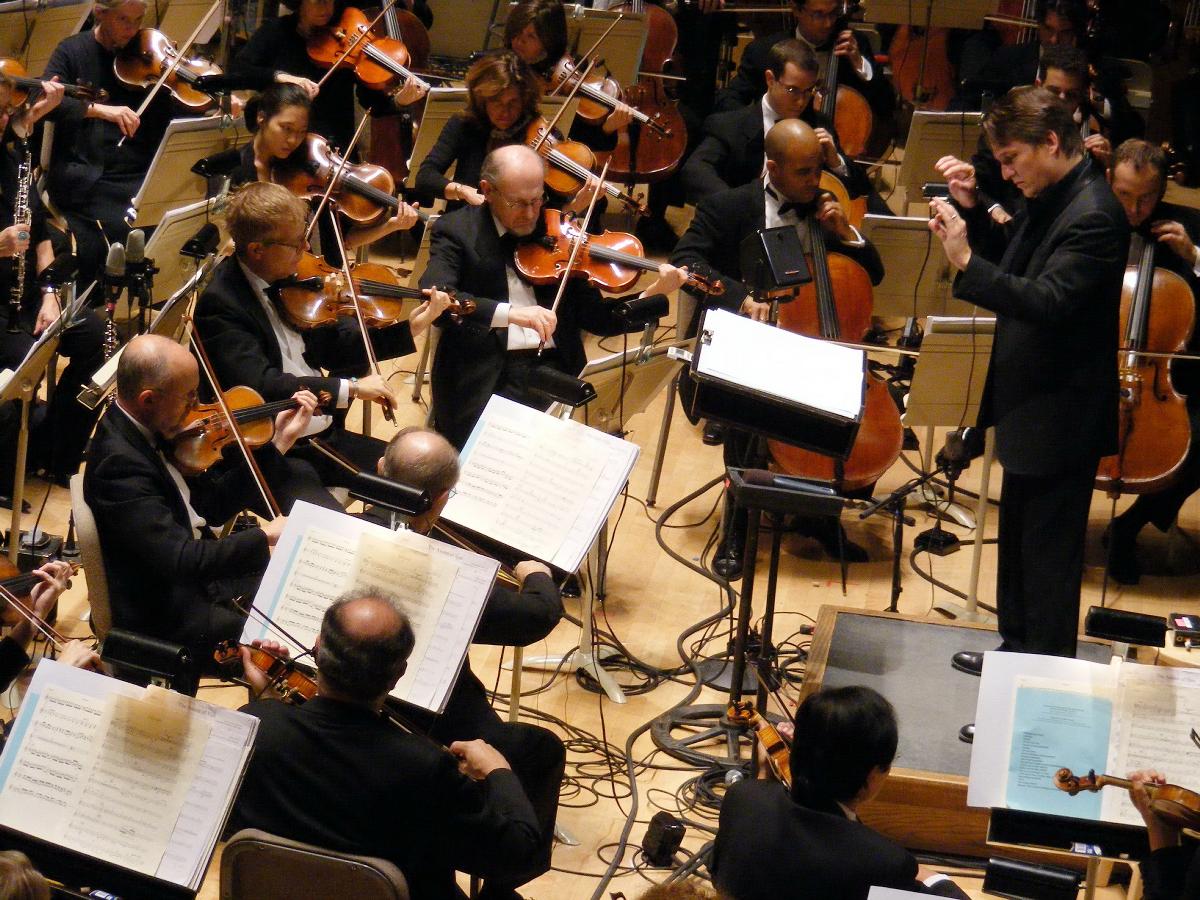
Despite it being one of the most underrated music genres, classical music is still my favorite. When I have admitted this love for classical music, many of my fellow young adults become confused. “But it’s so boring” and “I thought classical music was for pretentious people,” they say. I do not believe I am pretentious, rendering the latter incorrect. As for the former, let me explain to you why you should give classical music another listen.
GIVING CLASSICAL MUSIC A CHANCE
Unlike pop, rock, or almost any other genre, classical music does not contain lyrics. Despite the lack of words, it tells a moving story. The narrative told within the music of classical pieces is more than a catchy beat. It requires the listeners to pay attention, even without words. The listeners are given a sense of adventure, peace, excitement and beauty all within one movement or a full symphony.
Film scores, a less known sub genre of classical music, contains more adventure and excitement than any other genre of music. Film uses these original scores to help bring the story to life by captivating the audience’s emotions. While listening to movie scores, one can obtain a sense of being within the film, independent from the moving pictures on the screen. Sometimes I feel as though I am Sulu driving the USS Enterprise while listening to the “Star Trek: Into Darkness” soundtrack in my car.
REACTION TO THE SOUND
The emotional response felt while listening to classical music has been scientifically supported. Your body’s reaction to classical music increases blood flow to several areas of the brain, stimulating autonomic, cognitive and emotional centers, according to the Stanford study "The Rewards of Music Listening: Response and Physiological Connectivity of the Mesolimbic System,". It also releases dopamine, a chemical in the brain that contributes to an increased sense of well-being and biochemical stress reducers which decrease anxiety, heart rate and blood pressure. There is even research that suggests listening to classical music can treat a variety of disorders including ADHD and insomnia.
WHERE TO START
Due to the vast variety of the genre, beginning to listen to classical music can be daunting if one doesn’t know where to start. So here’s where I would start. My personal favorite film scores include: “Gladiator” composed by Hans Zimmer, “Harry Potter and the Half Blood Prince” composed by Nicholas Hooper and “The Hobbit” composed by Howard Shore. Or search for a Pandora or iTunes Radio station of film scores. If you do not wish to listen to movie scores, James Rhodes, a favorite English pianist of mine, plays several easily recognizable classical pieces. You can find his songs on YouTube or iTunes. Now, when you can’t sleep, when you need some creative spark, or even just want to be taken to a galaxy far far away, you have the option to listen to a story without words.
Want to start listening now? Click below to access Catherine Streng's classical playlist.







